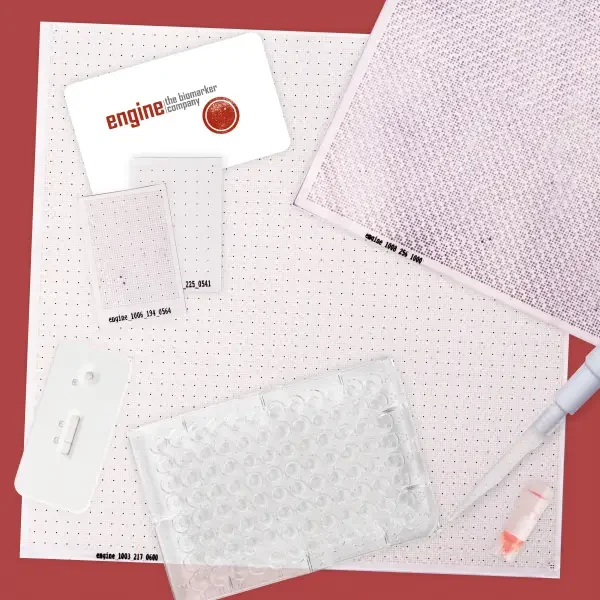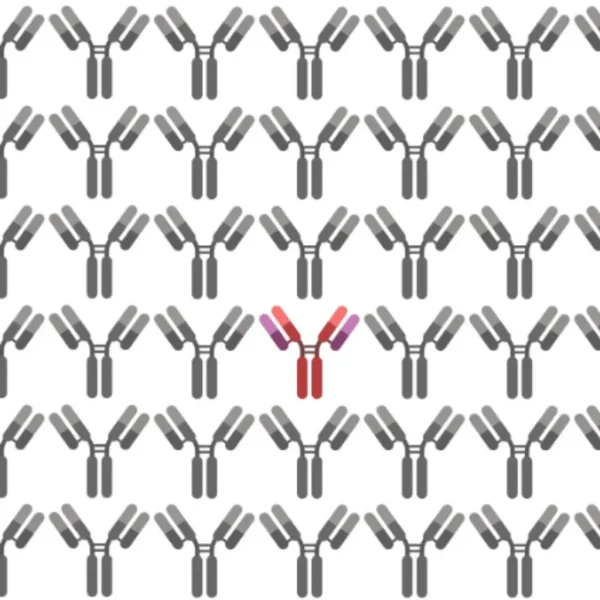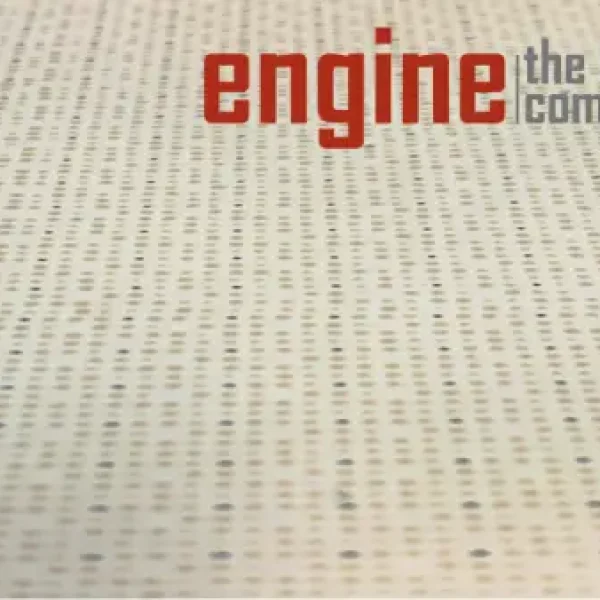engine Protein Arrays
Discover Novel Biomarkers
Your Question. Our Service. Your Result!
Increase your chance for paramount discoveries
Biomarker Discovery
You want to identify new biomarkers? We accelerate your research from hypothesis to candidate validation!
engine’s protein array-based biomarker testing service moves you ahead of challenging traditional methods. Achieve your results significantly faster and let us screen your sample on proteome level for interactions with >15,000 antigens. In just a single test. Our analysis guarantees highest discovery power for maximum outcome: it is free of influencing biases or hypotheses and screens a broad and unique range of potential interactors across the human proteome. engine’s high-content protein array technology supports >100 publications from researchers around the world to date.

By loading the video, you agree to YouTube’s privacy policy.
Learn more
>15,000 antigens with unique proteome coverage
High discovery power of >15,000 human full-length antigens, protein isoforms & peptides. Our arrays harbour the largest neoantigen & frameshift peptide library worldwide!
More results in less time
Biomarker discovery with >15,000 antigens run by us – instead of a tedious single-antigen study run by you. Increase your efficiency with only one high-throughput experiment and get maximum data from minimum sample.
>100 case studies
Scientists from various research and diagnostic areas have used our protein arrays successfully for their analysis of protein interactions with numerous types of molecules.
High discovery power
engine Protein Arrays
>15,000 human antigens
High-content arrays covering a broad range of the human proteome, backed by a robust and documented technology for more than 15 years.
Reduce your time to result
Biomarker Testing Service
Results within 2 weeks
We analyse the interactions of your sample with >15,000 antigens, you identify the promising antigens and proceed with your biomarker validation.
Explore your research area
Applications & Publications
>100 publications
Protein arrays are ideal for neurobiology, SARS-CoV‑2, cancer and autoimmune diseases, and many other fields of biomarker research.
From scientists for scientists
>15 years experience
we are pioneers of protein array technology
The 1st high density macroarray
developed and published in 1998
In-house execution
full value chain from production to screening service covered in-house
Reputable origin
based on the technique of RZPD, imaGenes and Source Biosciences


